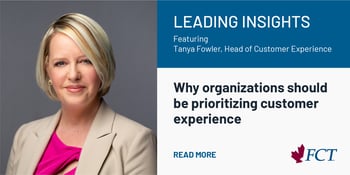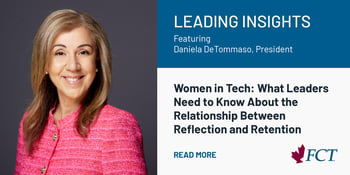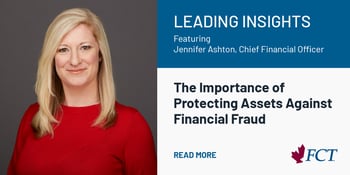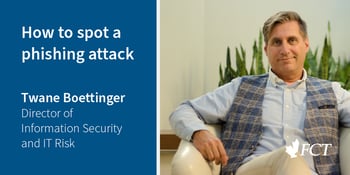
To what extent will a private lender be bound by the actions of a mortgage broker working on its behalf? Will Canadian courts deem the broker to be an agent of the lender? Will this apply even to fraud committed by the broker? Earlier this year, in the case of Toronto-Dominion Bank v. Currie, the Alberta Court of Appeal issued a decision on precisely these questions.
Currie was a private lender who used a mortgage broker, Fuoco, to handle some aspects of his mortgage lending business. In this case, Fuoco arranged for Currie to lend $220,000 to the Craigs, and Currie provided them with a mortgage for their property. The mortgage instructions stated that all communications regarding the mortgage were to be directed to “DAN CURRIE c/o Fuoco Holdings Ltd.”
Following a default on the mortgage, the Craigs arranged new financing with TD Canada Trust. The bank’s lawyer wrote to Fuoco requesting a payout statement for Craig’s mortgage. Fuoco prepared a payout statement for Currie to sign, showing a balance owing of $249,992.55. For reasons that are not clear from the court’s judgment, Fuoco did not provide this figure to the bank’s lawyer, but instead provided a different payout statement, showing only $75,000.00 as being outstanding, and directing the payout funds be made payable to Fuoco. Upon closing, the bank’s lawyer sent this amount to Fuoco, who escaped with the funds, never having provided a discharge of the mortgage.
The Court of Appeal had to decide which of the two innocent parties, Currie or the bank, should bear the cost of Fuoco’s fraud. The Court concluded that, by using Fuoco’s services in his lending business, and allowing Fuoco to receive communications and prepare mortgage payout statements on his behalf, Currie had given Fuoco actual authority to act as his agent, and therefore it was Currie who had to bear the loss resulting from Fuoco’s dishonesty.
This case highlights some important considerations for mortgagees and their lawyers. When acting for an incoming lender, lawyers should always ensure that they purchase title insurance. What looks like a valid payout statement or discharge could later be challenged by the previous mortgagee itself. Even if, as in Currie’s case, the new mortgagee is ultimately successful, there can be considerable time and money spent on litigation. Lawyers should also consider adopting the practice of insisting on having an executed discharge from any outgoing private lender in hand prior to closing. This is already standard practice in some parts of Canada, and goes a long way toward reducing confusion and risk following closing.
While in this case, it was the mortgage broker who committed the fraud, there are other cases in which it was the lawyer or even the borrower. There are measures that brokers and borrowers can also take to ensure they are not involved in a fraudulent transaction.
Mortgage brokers can protect themselves from fraudsters by verifying all the information provided by their clients. For instance, it is a red flag if their salary doesn’t make sense for their stated occupation. Borrowers can ensure that they purchase title insurance so that their legal costs will be covered if they ever have to defend their title. It will also protect them from a host of other issues such as survey or title defects.
Everyone involved in a real estate transaction has the responsibility to protect themselves from fraud.
How do you make sure that you’re protected? Share it with us in the comments section!







-min.jpg?width=350&height=216&name=FCT-Leading-Insights-Michael-LeBlanc-ENG_blog%20(1)-min.jpg)



-min.jpg?width=350&height=216&name=tanya-fowler-leading-insights-human-digital-innovation-blog%20(1)-min.jpg)




